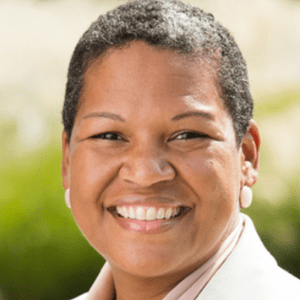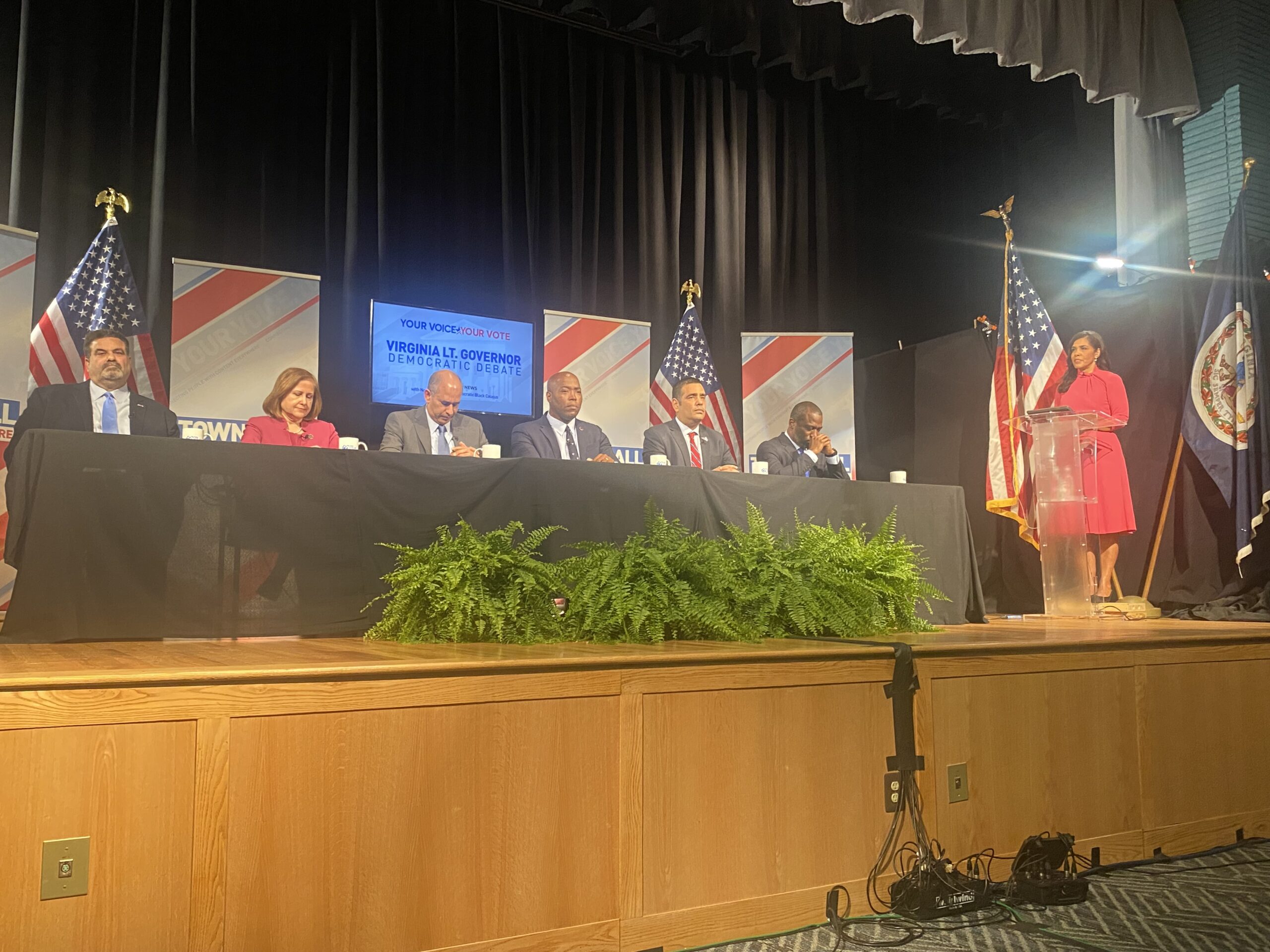Michelle Maldonado prepares herself for the general election
Michelle Maldonado ran a successful campaign and as a result, secured the Democratic nomination during last week’s primary for the 50th House District in the greater Manassas area. Recently she spoke with the PW Perspective to discuss lessons learned during the campaign and where she goes from here as she prepares for November’s general election.
What was it like when she found out she had secured the nomination? “It was such a moment that was in many ways overwhelming,” said Maldonado. “The realization of earning the trust and vote of the people in the district. It was one of my greatest joys. There were so many people who were telling me what they were worried about and we listened. Once we heard the great news [about the primary], we knew we could do something about that.”
She discusses why her victory was so important when it came to representation. “When I was little, I would watch the Jetsons. We noticed that no one in that cartoon looks like me or my other friends. We didn’t exist. Everyone who watch that show was soaking in the subliminal message there was no place for us.”
“While we would never think that was true, what is clear is that we are all weathering the same storm but our boats are not equally equipped. It’s about seeing others that look like you achieving things that are possible. Representation means that there are all voices at the table. Constituents were telling me they felt that once the election cycle was done, they weren’t being engaged. We want to be heard, valued and seen. It goes across the spectrum. It goes to the LBGTQ+ community, the religious and with different abilities. I want to encourage that not only by modeling that inclusion but inspiring and helping others.”
Healing in the community, what does that look like? She gives an example. “One of the days we were door knocking, there was a house that was not on our list because they were a Republican voter. He approached us and talked with us for 20 minutes. He said, ‘I wish that people would talk with one another. They don’t do that anymore.’ I reminded him that he was doing just that with us and encouraged him to keep doing it.”
“What it means is we’re not putting up a wall because someone looks differently and believes differently. We can move towards common interests and shared ground. The reality is that we have much more in common than what is different. If we can start where we have commonality, that’s how we build bridges.”
What were some lessons learned along the way while campaigning?
“As the child of educators, I’m a student who is always learning she said. “I believe in the process of continuous learning, having a beginner’s mind. I try to come to the conversations from that perspective. As I do, I learn more and increase my understanding of how others think and feel.
“As I heard the personal stories of people in the district, I learned what opportunities there are to alleviate some of the pain points that I was hearing. I learned the ability to speak across economic, cultural and spiritual lines. There are a lot of people who feel that they’ve been left out. They’re afraid that they are not making it, and they don’t see that changing. The process of talking with people helped me to crystalize what I suspected as our collective experiences overlapped greatly. When this happens, you start to see how the fabric is woven across the district.”
“The thing that is really important is that we have to look at all socioeconomic levels because each helps build our economy and community. I was reminded to make sure that we’re also including people from middle and higher income brackets along with people from lower income levels so that all across the spectrum are participating in the process of building and rebuilding our community. We have so much to do it’s going to take all hands on deck. There’s not one part of our population that doesn’t matter.”
“The thing I also learned is that how we do what we do matters, and that becomes even more important during these turbulent times. Where we are tripping up is on the “how. We know the why and the what, but we need to connect the how, and that became apparent and helped me to see how can I help align it to move forward.” Where does the campaign go from here? “Our state legislators have done a great job. I’m inspired by what is done already. If we can get small businesses back into the economy, fully fund teacher pay, minimize the gender and wealth gaps, address affordable housing needs and improve school funding and resources to start, we can build a stronger economic base.”
Maldonado notices that there are other issues that need addressing. “We must continue the fight to ensure that the minimum wage is a living wage that is adjusted for inflation. In addition, we must look into ways we can address funding issues related to the legislation we pass so that the intention of our good work matches real-life execution and impact.”
Regarding campaign finance reform: “People would like to see it done differently, and place limits on where the money comes from and how much candidates and legislators can receive.”
How do we green our economy? “We need to look into viable ways. There is no reason why the [Route] 28 [South] and outer 66 [West] corridors can’t be a green jobs corridor for our area.”
Criminal justice is another challenge that Maldonado believes need to be modified. “Great work has been done in legalizing marijuana and expunging records as well as restoring felons’ voting rights. However, we have a lot of prison to pipeline and other issues that need to be resolved.”
“Each of those pieces must be addressed with an equity lens.”



